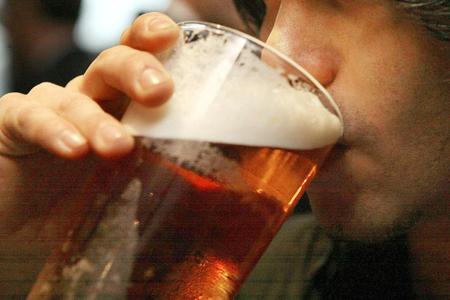People in Wales are drinking too much, says health secretary, Vaughan Gething, so what should be done this Alcohol Awareness Week?

There were 540 alcohol related deaths in Wales in 2016
image credit: South Wales Argus
Cabinet secretary for Health and Social Services, Vaughan Gething AM, said this morning that people in Wales are drinking too much alcohol, with nearly one in five adults drinking above the recommended guidelines.
Wales had 540 alcohol related deaths in 2016, an increase of 7.1% on 2016, and the Royal College of Psychiatrists recently reported that around 1 in 17 men and 1 in 50 women in the UK are physically dependent on alcohol.
Earlier this year the National Assembly for Wales passed a law to introduce a minimum price for alcohol to try and help combat excessive drinking in Wales, but certainly more can be done, particularly by bars in Wales and the Welsh government.
This week, 19 to 25 November, is Alcohol Awareness Week, created to help people across the UK start a conversation about alcohol, signpost those who need help and support to services available, and call for change to help limit alcohol dependency.

The theme for this year’s alcohol awareness week is change
Alcohol Change UK, the charity formed from Alcohol Concern merging with Alcohol Research UK, say that change is necessary as too often drinking is an expectation, not a choice, but also change is possible and happening.
Kieran Bradford, 23, of Slug and Lettuce, Swansea believes that most bars in Wales focus primarily on not selling alcohol to people that are already drunk, but not necessarily stopping the initial excessive drinking.
He said: “We are constantly reminded of the right to refuse service on grounds of the customer being too drunk or being suspected of being underage, but nothing is really done for Alcohol Awareness Week specifically.”
Ben Smith, 26, assistant manager of The Hyst, Swansea believes it’s important to have various options available for both alcohol drinkers and non-drinkers.
He said: “It’s important for bars to have a variety of alternatives for people to be able to choose from, not just soft drinks, but also mocktails and low-alcohol beer.
People often feel judged for having water or a soft-drink but with other options, they can pace themselves and not feel judged for having an alternative.”
